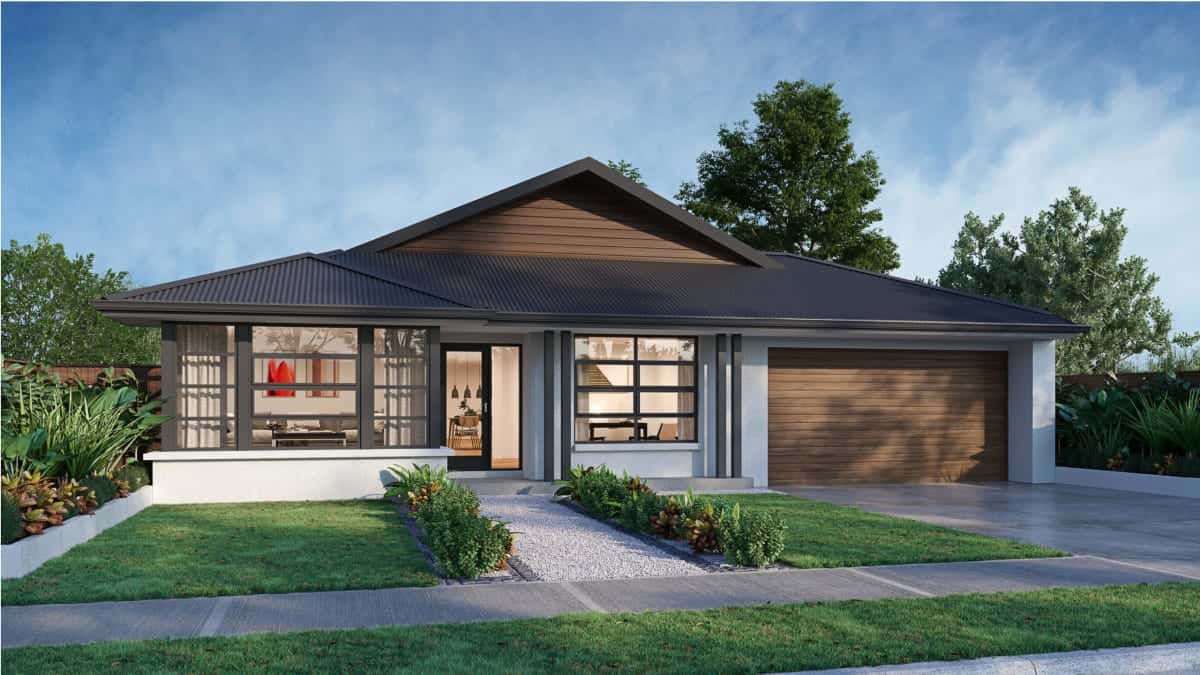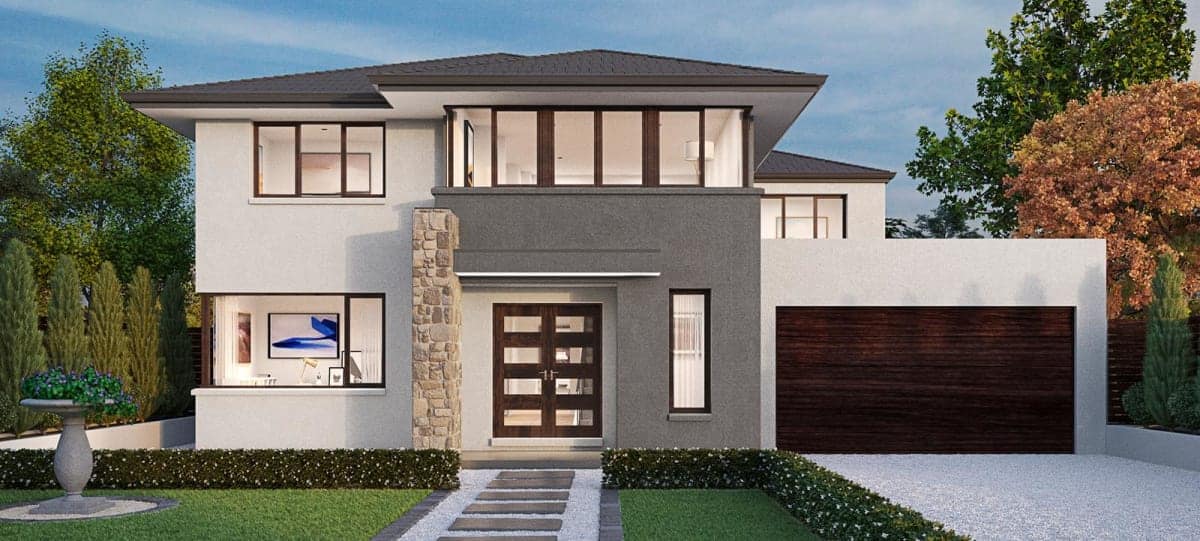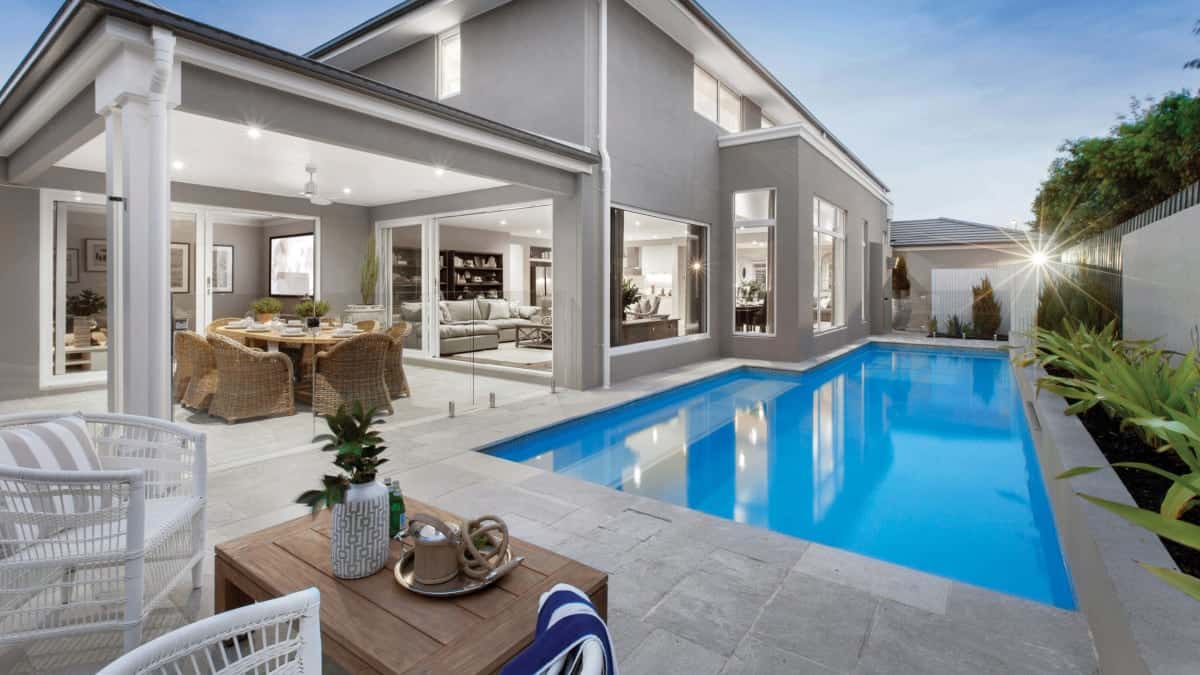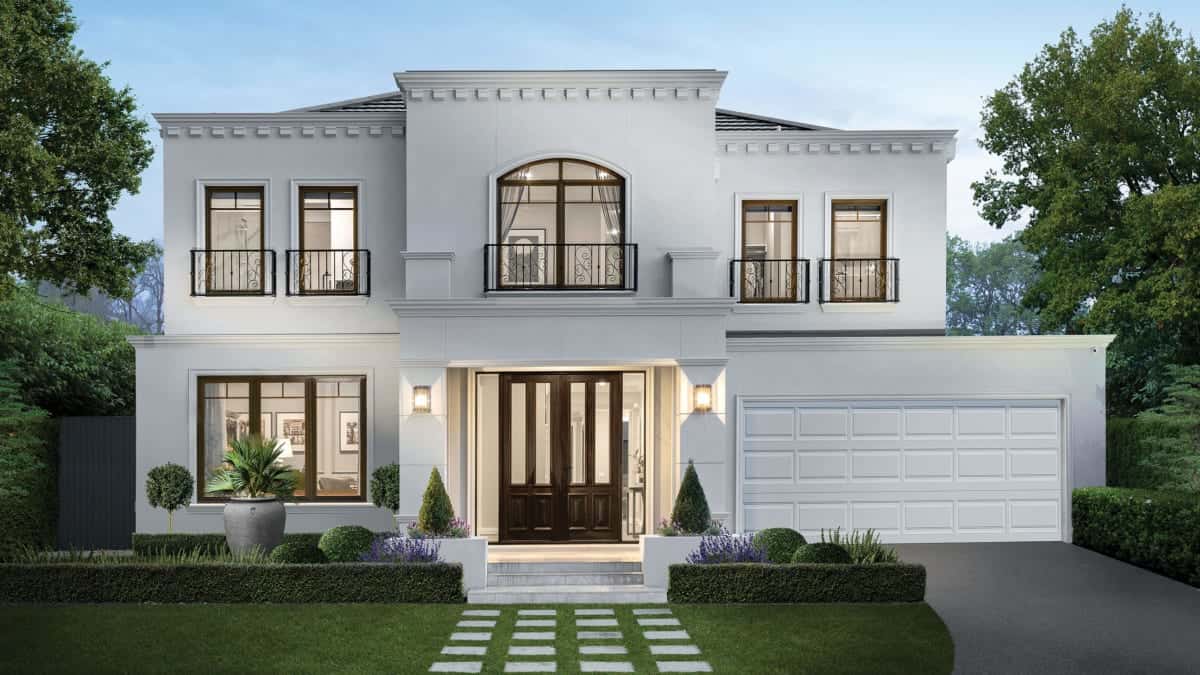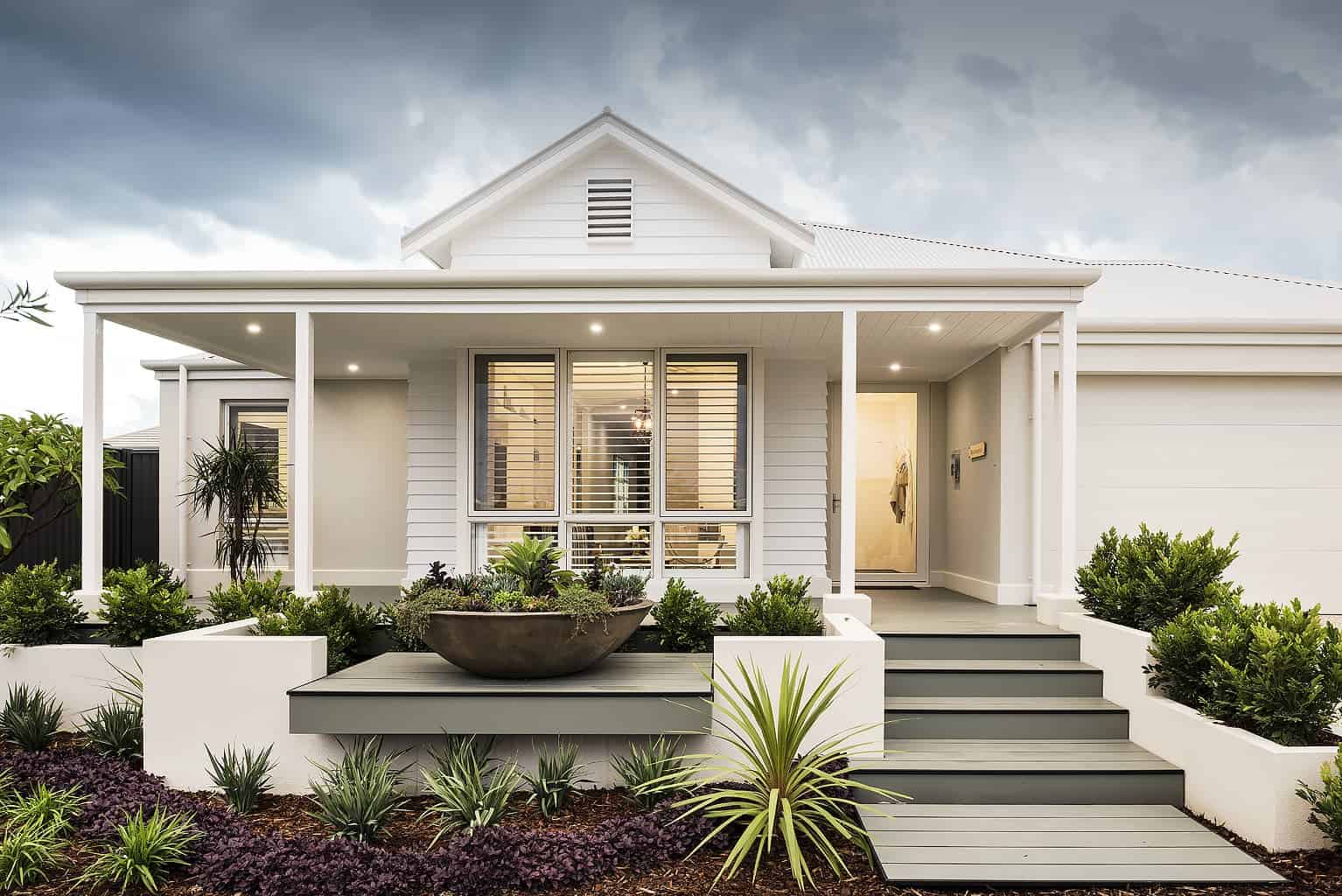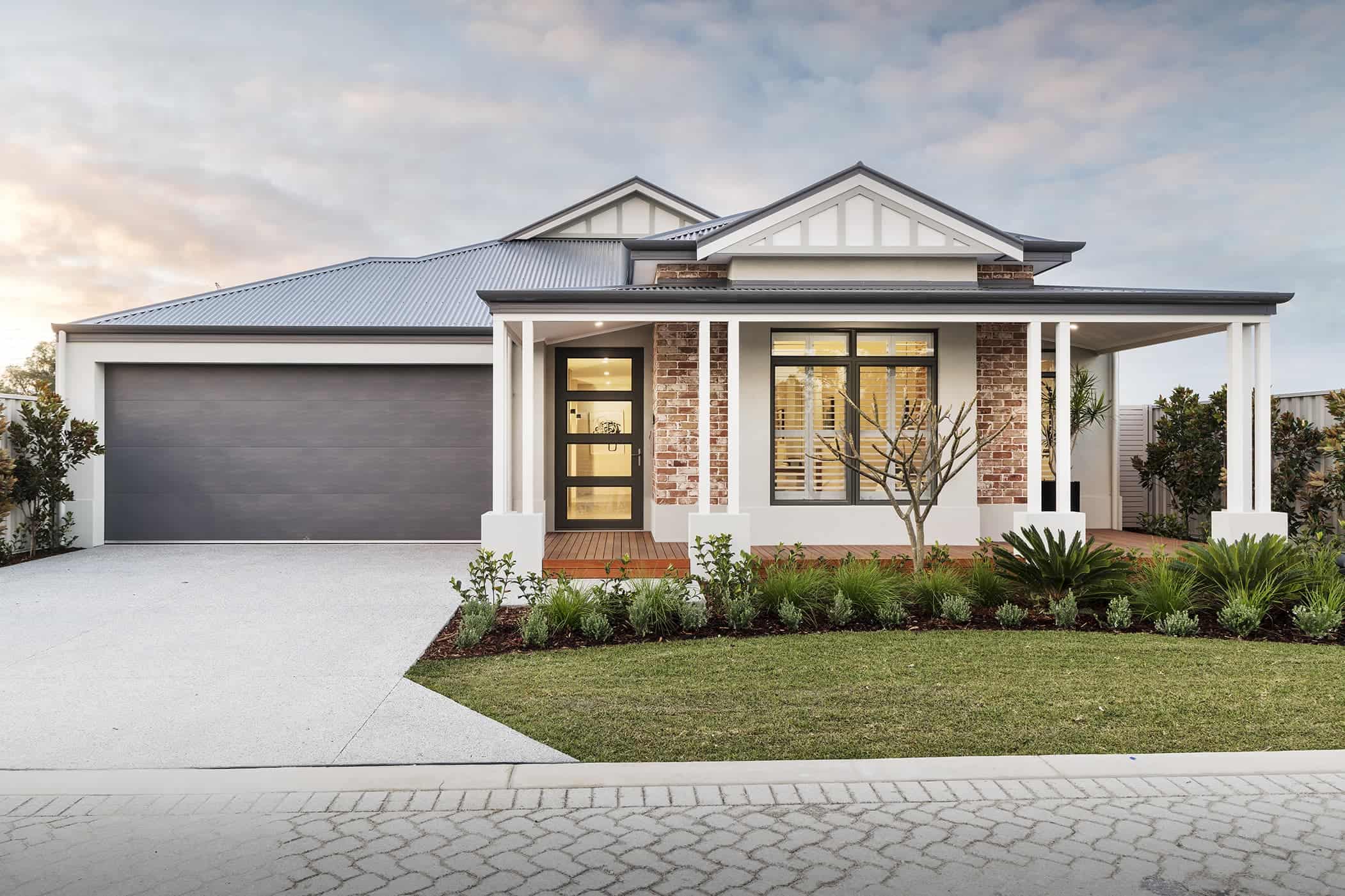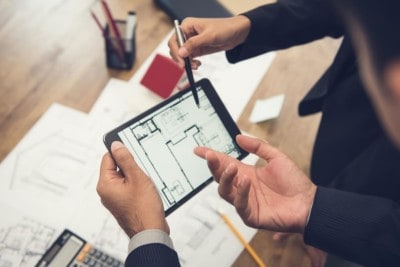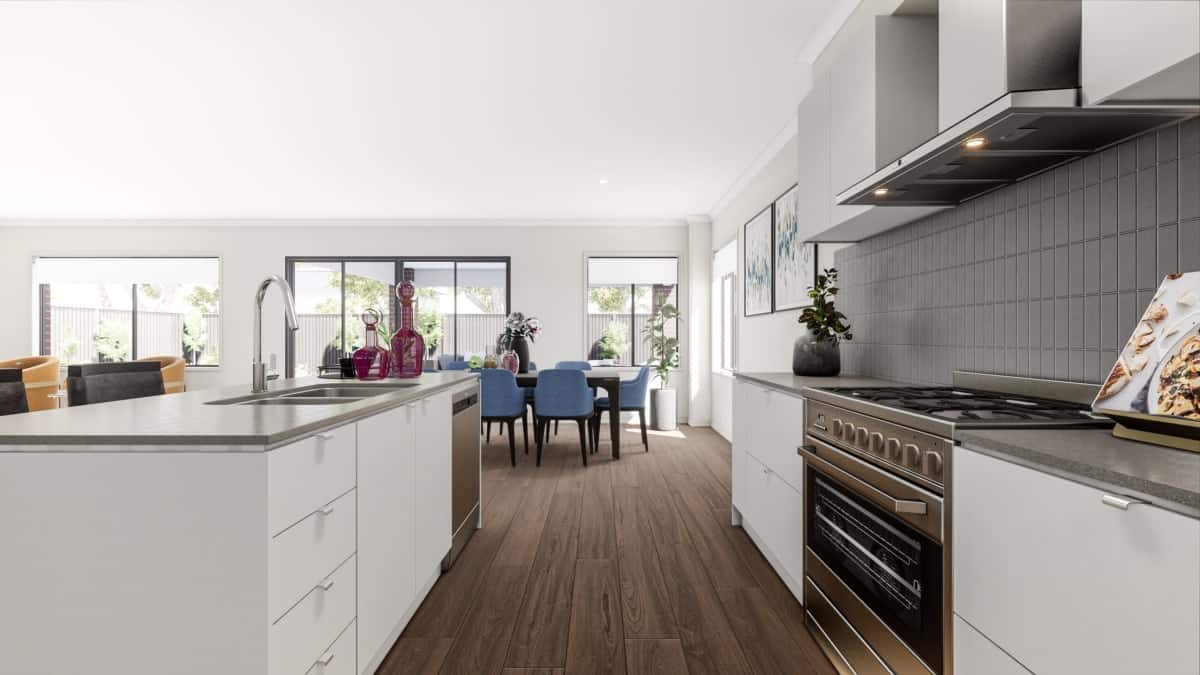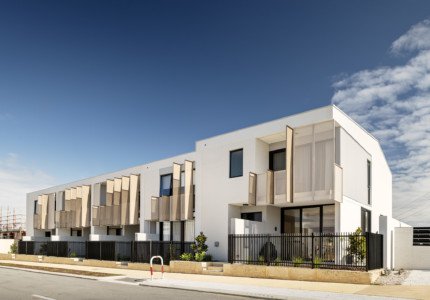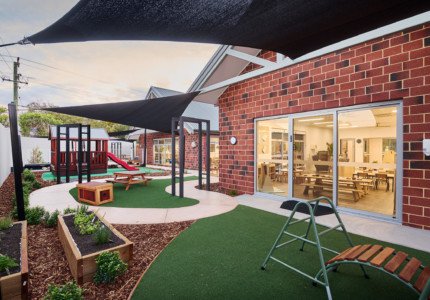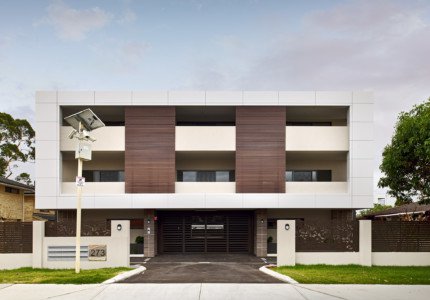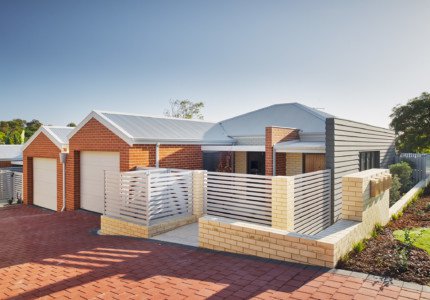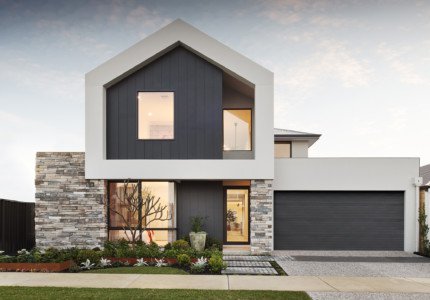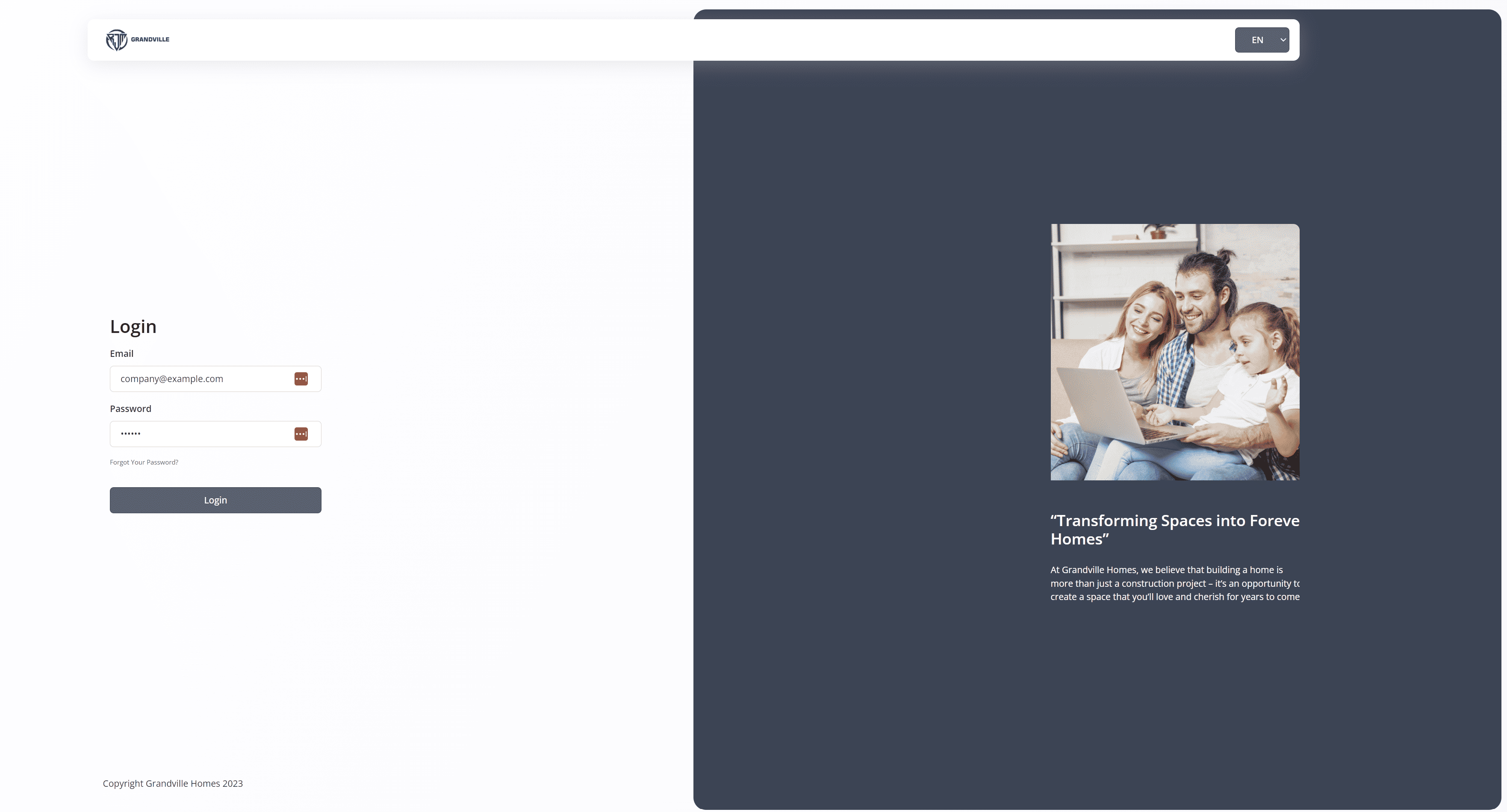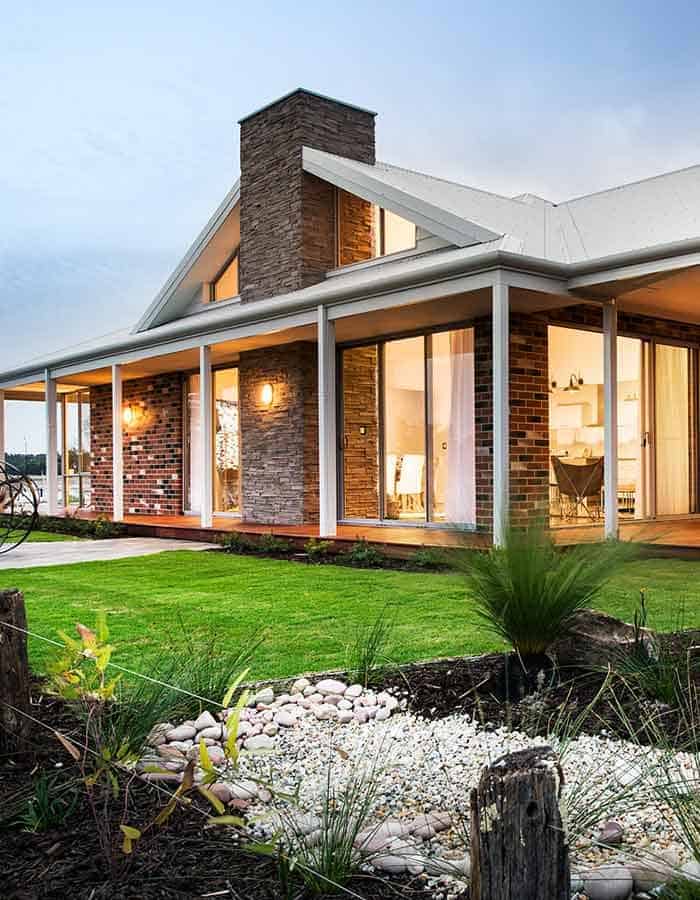Preparing a Realistic Home Building Budget
Drop a Line if you have a Question!
Home Building Budget
Are you ready to build your dream home?
Before you dive into the exciting world of home construction, it’s important to create a realistic budget that will guide you through the process.
In this article, we will show you how to prepare a detailed budget plan that takes into account your financial situation, research on costs, and potential hidden expenses.
With our guidance, you can confidently embark on your home building journey and avoid any budgetary surprises along the way.
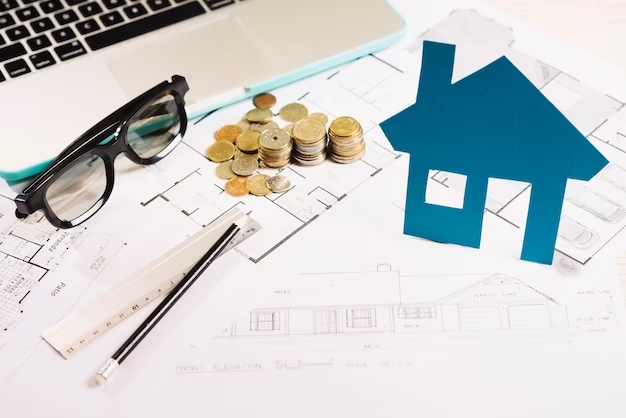
Understanding Your Financial Situation
Before you start planning your home building budget, it’s important to understand your current financial situation.
Take a close look at your income, expenses, and savings. Evaluate your monthly income and calculate your average monthly expenses. This will help you determine how much money you have available for your home building project.
Don’t forget to consider any outstanding debts or loans that you need to pay off. Assess your savings and determine if you have enough to cover the costs of building a home. If not, you may need to explore financing options such as mortgages or personal loans.
Researching the Costs of Home Building
While researching the costs of home building, it’s important to gather estimates from multiple contractors. You want to make sure you have a clear idea of how much the project will cost before you start.
Getting estimates from different contractors allows you to compare prices and find the best deal. It’s also important to consider the reputation and experience of the contractors you are considering. Look for reviews and ask for references to ensure you are choosing a reliable and trustworthy contractor.
Don’t be afraid to ask questions and clarify any details that may affect the cost. By gathering estimates from multiple contractors, you can make an informed decision and ensure that your home-building project stays within your budget.
Assessing Your Project Scope and Design
Assessing the scope and design of your project involves considering factors such as the size, layout, and desired features of your future home. You need to determine how many rooms you want, the overall square footage, and any specific architectural elements you desire.
Think about the layout and flow of your home, ensuring that it aligns with your lifestyle and preferences. Consider the number of bathrooms, the size of the kitchen, and the storage space you will need.
Additionally, think about the desired features, such as a backyard, a garage, or a swimming pool, and how they will fit into the overall design.
Accounting for Hidden and Unexpected Expenses
To avoid any surprises, make sure you account for hidden and unexpected expenses when planning your project.
It’s easy to get caught up in the excitement of building your dream home and overlook the potential costs that may arise along the way. From unforeseen structural issues to permits and fees, these hidden expenses can quickly add up and derail your budget.
It’s important to do your research and consult with professionals to get a realistic estimate of these costs. Factor in a contingency fund to cover any unexpected expenses that may arise during construction.
Creating a Realistic and Detailed Budget Plan
Creating a detailed budget plan is essential for ensuring that all potential costs and expenses are accounted for in your project. By taking the time to carefully plan and outline your budget, you can avoid unexpected financial burdens and keep your project on track.
Start by identifying all the necessary expenses, such as materials, labor, permits, and inspections. Be sure to factor in any hidden or unexpected costs that may arise during the construction process. It’s important to research and gather accurate pricing information to ensure your budget is realistic.
Additionally, consider setting aside a contingency fund for any unforeseen expenses that may arise. Regularly review and update your budget throughout the project to stay on top of any changes or adjustments.
Conclusion
In conclusion, you’ve learned the importance of preparing a realistic home building budget. By understanding your financial situation, researching costs, assessing project scope, and accounting for hidden expenses, you can create a detailed budget plan. This will ensure a smooth and successful construction process.
Remember to be thorough and realistic in your planning. This will help you avoid any financial surprises along the way. With a well-prepared budget, you can confidently embark on your home building journey.

Have a question?
Become a

